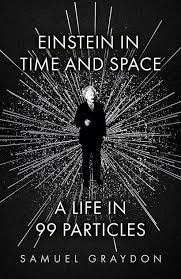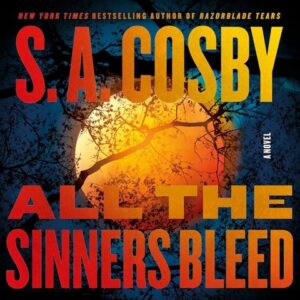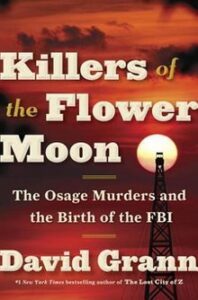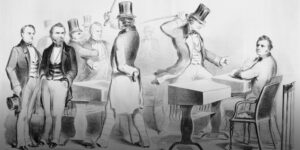1. The Triple Package
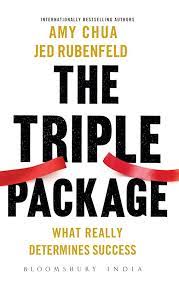
By Amy Chua and Jed Rubenfeld
352 pages
Originally published Feb. 4, 2014
SL, founder of The Mules (my book club), gave me this book to read. He had recently interviewed Amy Chua on his podcast about multilingualism, and discovered that she has an interest, as I do, in how the beliefs and values of varying cultures can have a huge impact on the successes or failures of its members.
I’m about halfway through The Triple Package but can already recommend it.
In the book, Chua and Rubenfeld (who are husband and wife and professors at Yale Law School) argue that, despite the anti-American vitriol spewing from the teachers and students of America’s best universities these days, the dream of coming to America and becoming successful – in all the most common ways – is still alive and strong.
What I Like About It
Chua is also the author of a book I read years ago and loved, The Battle Hymn of the Tiger Mother, in which she recounts the extremely high expectations she had of her children and the iron-willed way she went about making them successful. Her raw intelligence and willingness to challenge her own beliefs with serious research and undeniable logic… it won me over in that book and again in The Triple Package.
The Triple Package is especially interesting to me because the thesis is remarkably like one I’ve been working on for years. (Working title: “Wealth Culture.”) The idea is that there is an elephant-sized fact that academia refuses to address – which is that the great disparity of outcomes between various ethnic/racial groups that is so often talked about today is not the result of slavery or Jim Crow but of significantly different cultural viewpoints and beliefs that affect every aspect of “success” for those that attempt to pursue The American Dream.
What I Don’t Like So Much
When my book is finally published, critics will say I got the idea from Ms. Chua.
Critical Reception
* “Provocative…. If you care at all about the pressures underpinning success and failure, or relish fresh perspectives on how societies really work, you’ll want to read this.” (Sunday Times/UK)
* “A sometimes funny, sometimes academic, and always interesting study of the cultural traits that make some groups outperform others in America.” (National Review Online)
* “[The authors] tiptoe mirthlessly over cultural eggshells yet still manage to stir up controversy.” (The Times/UK)
2. The Juror Who Found Herself Guilty

By Michael Hall in Texas Monthly
Estimated Read Time: 60 min.
There are hundreds of stories written about wrongly convicted people. Innocent men and women that languished in jail because of bad police work, legal incompetence, or (shockingly commonly) the purposeful withholding of exculpatory evidence.
This is one such story with an interesting twist: In 1990, Estella Ybarra, a juror in a rape case in Texas, was pressured by other members of the jury to send a man to life in prison, despite her near certainty that he was innocent.
Almost three decades later, she decided to right her wrong.
Click here.

